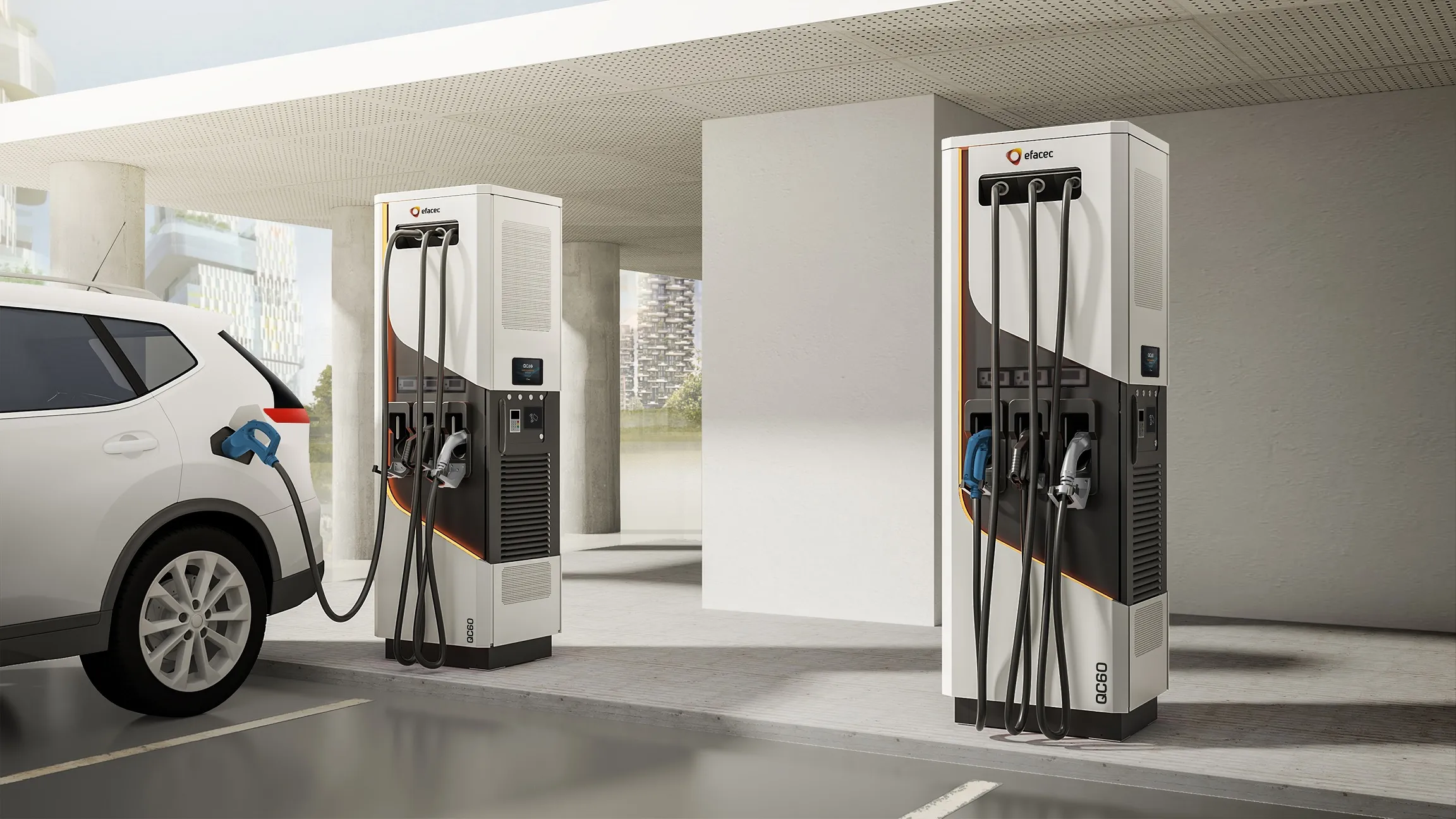According to Professor Thomas Braunl, director of the renewable energy vehicle project at the University of Western Australia, it’s time for Australia to choose a standard for vehicle charging connectors.
When the university started Australia’s first electric vehicle trial in Western Australia in 2010, there were no manufacturer-built cars available and locally built conversions had to be used. As of today, Mitsubishi, Nissan, Holden and Tesla offer electric cars in the Australian market. Nearly all inte
September 19, 2013
Read time: 2 mins
According to Professor Thomas Braunl, director of the renewable energy vehicle project at the University of Western Australia, it’s time for Australia to choose a standard for vehicle charging connectors.
When the university started Australia’s first electric vehicle trial in Western Australia in 2010, there were no manufacturer-built cars available and locally built conversions had to be used. As of today,4962 Mitsubishi, 838 Nissan, Holden and Tesla offer electric cars in the Australian market. Nearly all international car manufacturers will follow in 2014 and 2015.
Charging networks have been established as well. Perth has a public charging network of around thirty 7kW AC stations. There is a similar sized network in Melbourne, but less in other capital cities.
The two most prominent charging station types for AC charging are IEC 62196 Type 1, or SAE J1772, used in the US and Japan, which have a split-phase single phase power grid, and IEC 62196 Type 2, or Mennekes, used in Europe, which has a three-phase grid, as does Australia. Because Australia has not yet adopted an EV charging connector standard, a mix of stations is currently being installed.
Although Australia is still dealing with a very low number of charging stations overall, they do set a precedent. Whatever happens now will determine Australia’s EV charging future. The availability of stations will influence car manufacturers when deciding which EV type to export to Australia.
Getting two different types of cars is not helpful for the early adopters of electric vehicles, nor for the operators of charging networks. Eventually one standard will prevail and non-compliant stations and cars will have to be converted at a significant cost.
Professor Braunl is of the opinion that Australia’s choice should obviously be Type 2, even more so since three-phase connections improve the grid balance. He says, “Maybe inductive charging will finally eliminate the choice by eliminating connectors altogether? We’ll see at the end of the decade.”
When the university started Australia’s first electric vehicle trial in Western Australia in 2010, there were no manufacturer-built cars available and locally built conversions had to be used. As of today,
Charging networks have been established as well. Perth has a public charging network of around thirty 7kW AC stations. There is a similar sized network in Melbourne, but less in other capital cities.
The two most prominent charging station types for AC charging are IEC 62196 Type 1, or SAE J1772, used in the US and Japan, which have a split-phase single phase power grid, and IEC 62196 Type 2, or Mennekes, used in Europe, which has a three-phase grid, as does Australia. Because Australia has not yet adopted an EV charging connector standard, a mix of stations is currently being installed.
Although Australia is still dealing with a very low number of charging stations overall, they do set a precedent. Whatever happens now will determine Australia’s EV charging future. The availability of stations will influence car manufacturers when deciding which EV type to export to Australia.
Getting two different types of cars is not helpful for the early adopters of electric vehicles, nor for the operators of charging networks. Eventually one standard will prevail and non-compliant stations and cars will have to be converted at a significant cost.
Professor Braunl is of the opinion that Australia’s choice should obviously be Type 2, even more so since three-phase connections improve the grid balance. He says, “Maybe inductive charging will finally eliminate the choice by eliminating connectors altogether? We’ll see at the end of the decade.”








